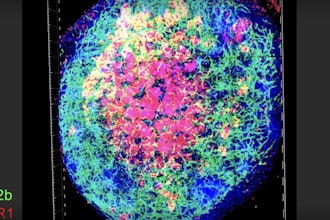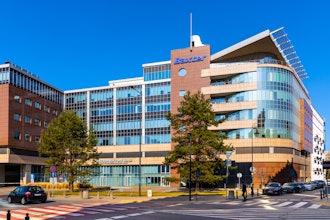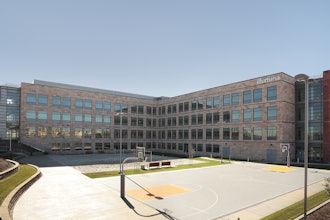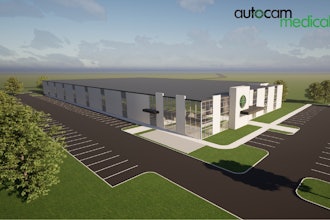
Baxter today reported first-quarter earnings marked by worldwide sales totaling approximately $3.7 billion, an increase of 26% year over year on a reported basis.
However, the company’s net income was $71 million, down 76% year over year. Baxter attributed the decline to special items totaling $400 million after tax, which were primarily related to intangible asset amortization and expenses related to the Hillrom acquisition.
The newly acquired Hillrom businesses – Patient Support Systems, Front Line Care and Surgical Solutions – contributed approximately $755 million to first-quarter performance.
Among Baxter’s other businesses, Medication Delivery achieved double-digit growth driven by improving rates of hospital admissions and increased sales of large and small volume parenteral solutions. BioPharma Solutions also achieved double-digit growth, and Advanced Surgery notched single-digit growth driven by an improvement in the rate of surgical procedures compared to the same period last year.
Growth was partially offset by a decline in Pharmaceuticals, due to generic competition for certain molecules and supply constraints, and declines at Acute Therapies following last year’s surging demand for continuous renal replacement therapy (CRRT) products.
“Our positive momentum in the first quarter of 2022 was fueled by the diversity and durability of our medically essential product portfolio – dynamics that have further strengthened with our recent acquisition of Hillrom,” said José Almeida, chairman, president and chief executive officer. “As we continue to navigate the impact of COVID-19, geopolitical unrest, inflationary pressures and supply chain challenges, we remain focused on advancing our lifesaving Mission and enhancing shareholder value through innovation, increased global portfolio access and our steadfast focus on operational effectiveness. We look forward to sharing more information at our upcoming 2022 Investor Conference on how our strategy, long-range plan and trajectory will benefit our many stakeholder communities.”






















